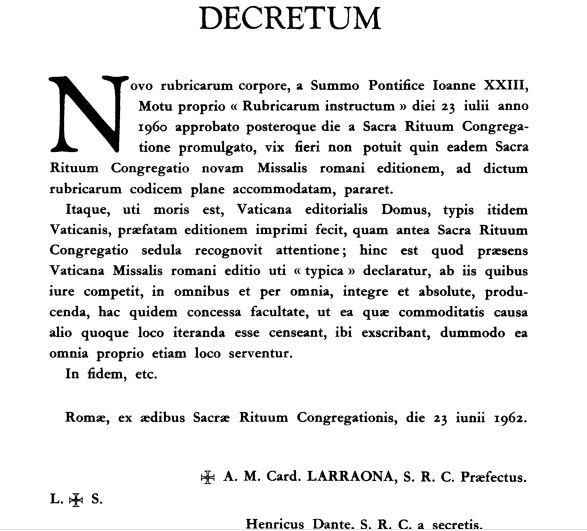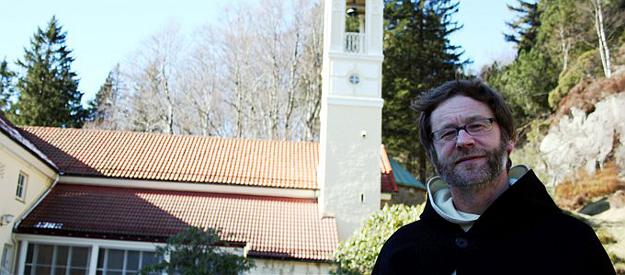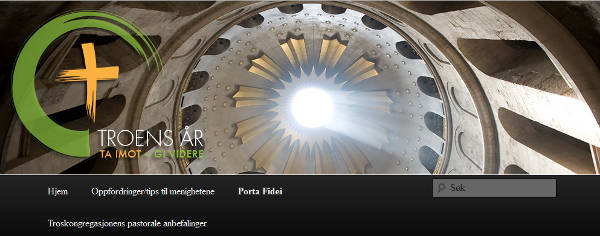Tittelen på dette innlegget kan muligens forbause mange, spesielt siden vi i disse dager feirer Corpus Christi, som nettopp fokuserer på tilbedelsen av sakramentet. men alle ting kan overdrives, og enda mer presist; man kan legge så mye vekt på en sannhet, at en annen sannhet lider under dette.
Og det er faktisk den berømte (og beryktede) erkebiskop Lefebvre som sier akkurat dette. Jeg har nylig lest ferdig Tissier de Mallerais’ bok «Marcel Lefebvre, A Biography», der man kan lese på s 592-93:
Through the priestly character the priest receives the power to renew in persona Christi the sacrifice of obedience and charity accomplished on the cross; he offers it in an unbloody way on the altar at each Mass he celebrates. This doctrine belongs to Tradition and is found in St. Thomas, the Council of Trent, and Pius XII. The priest essentially is made for the Holy Sacrifice of the Mass, for the sacrifice, for sacrum facere, «to do sacred things»; he is defined by the Mass.
According to Archbishop Lefebvre, after Bérenger and the Protestants had denied the real presence of Christ in the Eucharist, catechisms and piety then insisted too exclusively on the real presence and adoration of the Blessed Sacrament, and blurred devotion towards the Mass itself:
And that is very serious because it changes the perspective on the Holy Eucharist itself, which becomes only food or a spiritual restorative; this new perspective does not focus as much upon immolation and our Lord Jesus Christ the Victim who offers Himself as a sacrifice of propitiation for our sins. This is why it was so easy to go over to the idea of a meal-mass similar to the Protestants … who hate this veritable, propitiatory sacrifice. Now, this sacrifice is the essential work of the Church; when the Church gives out Communion, she unites the faithful to the Victim who continues to offer Himself to God the Father. We therefore have a participation in this state of victimhood …. If we do not insist on this aspect, we will end up no longer having a truly Catholic spirit …. The spirit of Christianity consists in making us into victims united to our Lord Jesus Christ: suffering and offering are the most beautiful, profound, and real treasures in the Catholic religion.
One must then be careful not to separate the sacrament from the sacrifice, just as one must not separate the sacrifice of the Mass from the sacrifice of Calvary. St. Thomas sums up these two indissoluble unions in one sentence: «In the celebration of this sacrament of the Eucharist Christ is immolated» (III, q. 83, a. 1).
Archbishop Lefebvre said that the Mass is the «reactualization of the sacrifice of Calvary (which is the reason for the Incarnation), the bringing about of Redemption, and the act that infinitely glorifies God and opens the gates of heaven to sinful humanity.»
«The more we study the Holy Sacrifice of the Mass, the more we realize that it truly is an extraordinary mystery. The priest is like someone who is outside of time and who passes almost into eternity because all his words have an eternal value …. [The Mass] is not a simple rite carried out today, but an eternal reality that exceeds time and which has eternal consequences for the glory of God; it saves souls from purgatory, and sanctifies us. Each Mass truly has the weight of eternity in it.» …
Tankevvkkende, syns jeg. Etter at tilbedelse av sakramantet ikke var særlig «in» i Kirken på 70-80-90-tallet, er dette nå blitt mye mer akseptert, i alle fall her i Norge. I St Hallvard kirke har vi f.eks. tilbedelse fem dager hver uke, og vi har nettopp kjøpt en ny, flott baldakin, som vi skal bruke til Corpus Christi-prosesjonen på søndag. Men etter min mening vil det ta en hel del mer tid før vi mer tydelig forstår hva det innebærer at messen er et offer som presten bærer frem for Gud.
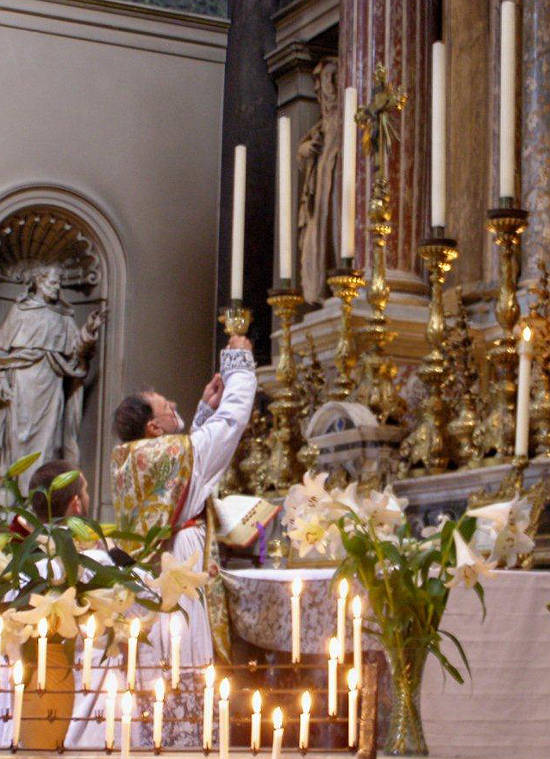

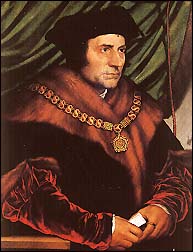 22. juni var minnedagen (valgfri i Norge) for den hellige
22. juni var minnedagen (valgfri i Norge) for den hellige 